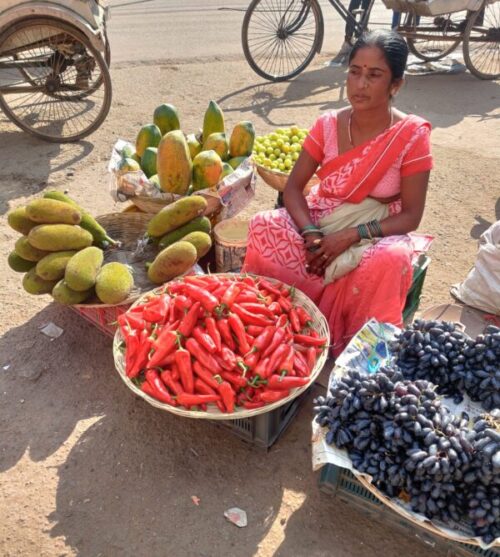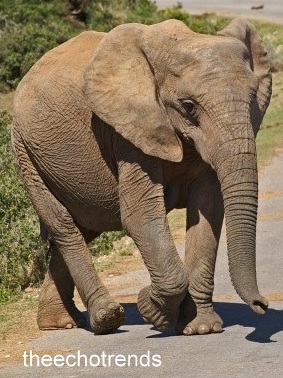An activity that serves as one’s regular source of livelihood is called as occupation.
In other words, a person’s regular work or profession, job or principal activity is called as occupation. Occupation is different from work as work is a system of production on which human beings depend to survive irrespective of the society which makes up the largest part of one’s life.
Food gathering and food production is the type of work occupied by majority of populations in traditional cultures.
In larger traditional societies, carpentry, stone masonry and strip building have also been prominent. In industrialized modern societies people work in much wider variety of occupations.
According to Play work Principles Scrutiny Group 2005 – ‘Play is a process that is freely chosen, personally directed and intrinsically motivated.
That is, children and young people determine and control the content and intent of their play, by following their own instincts, ideas and interests, in their own way for their own reasons.’
‘All children and young people need to play. The impulse to play is innate. Play is a biological, psychological and social necessity, and is fundamental to the healthy development and well-being of individuals and communities.’
According to Applebaum (1992) – work is the spine which structures the way people lives, how they make contact with material and social reality, and how they achieve status and self esteem… Work is basic to the human condition, to the creation of the human environment, and to the context of human relationships.
Sociology defines work as the carrying out of tasks which involves the expenditure of mental and physical efforts and its objectives in the production of goods and services that cater to human needs. An occupation or job is work that is done in exchange for a regular wage or salary. Work is the basis of economy or the economic system in all cultures.
The Economic system for any given culture is made up of the institutions that provide for the production and distribution of goods and services. All the parts of society whether hunter gatherer, pastoral, agricultural or industrial are centered on an economic system that affects all. Thus, work is closely intertwined with social structures, social processes and especially the social inequality mostly at work places.



